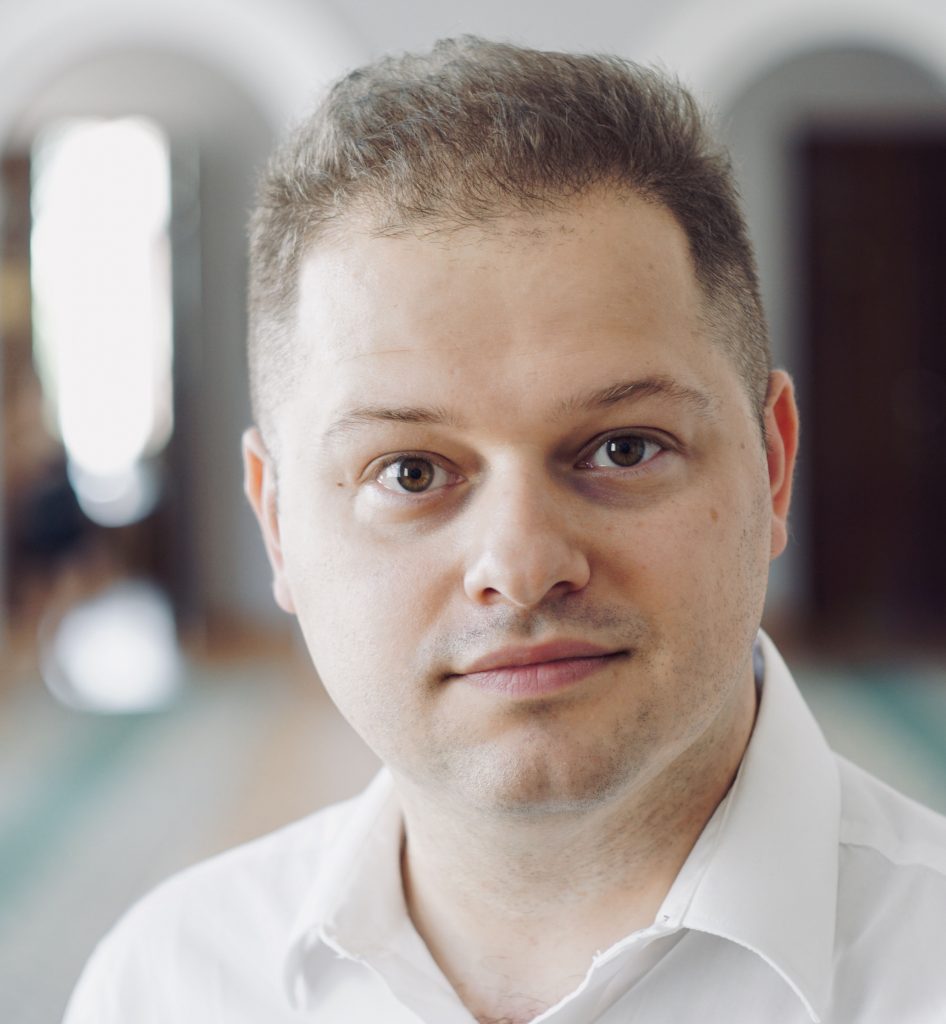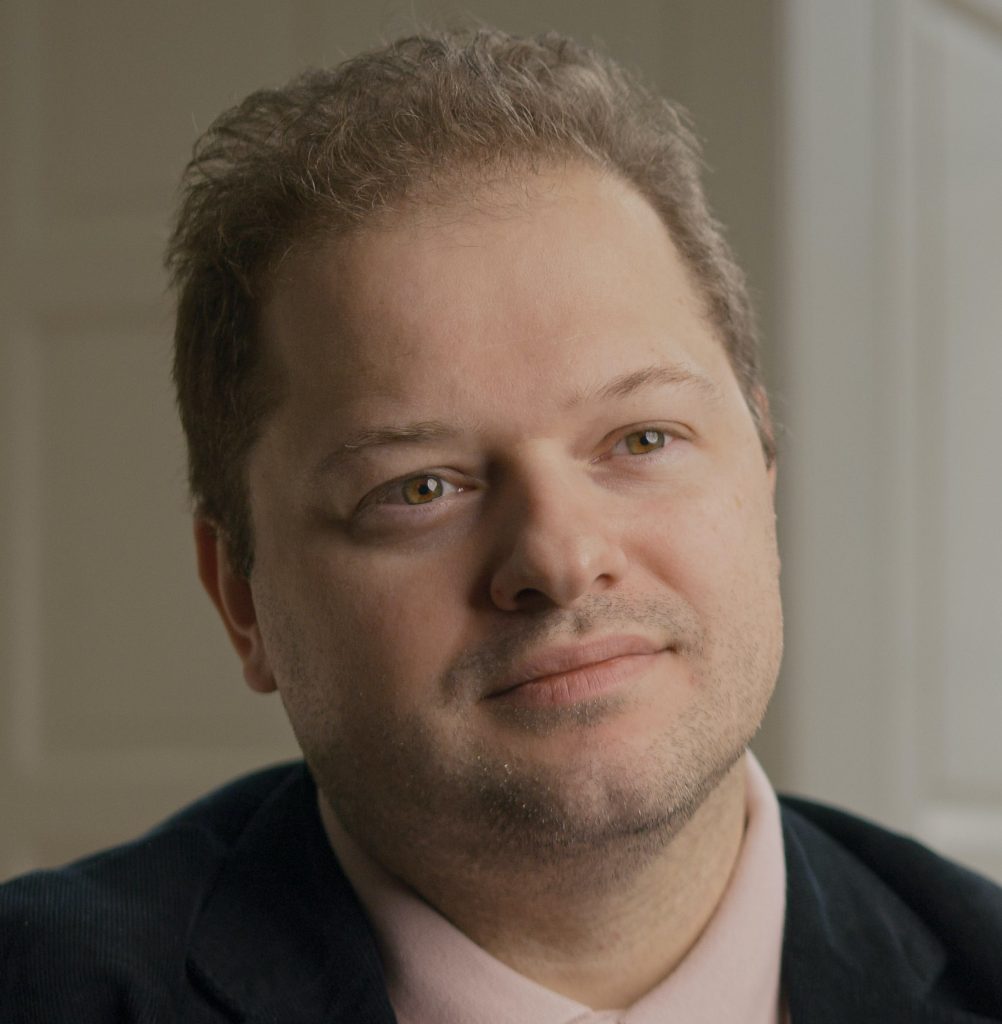FoRB Podcast: The Russian World Narrative and the Russian Aggression in Ukraine
In Episode 3 of The FoRB Podcast, Dmytro Vovk and Merilin Kiviorg invite Catherine Wanner and Thomas Bremer to discuss the Russian world (Russky mir)—a narrative utilized by the Russian government and the Russian Orthodox Church to justify Russia’s aggressive war in Ukraine and to portray Russia as an “anti-Western civilization.” They touch on the ideological origins and content of the Russia world, the Russian Church’s involvement in the war, political and legal responses to the Russky mir narrative by Russia’s neighboring states (Ukraine and Estonia), and debates over these issue in the United States and Europe.



